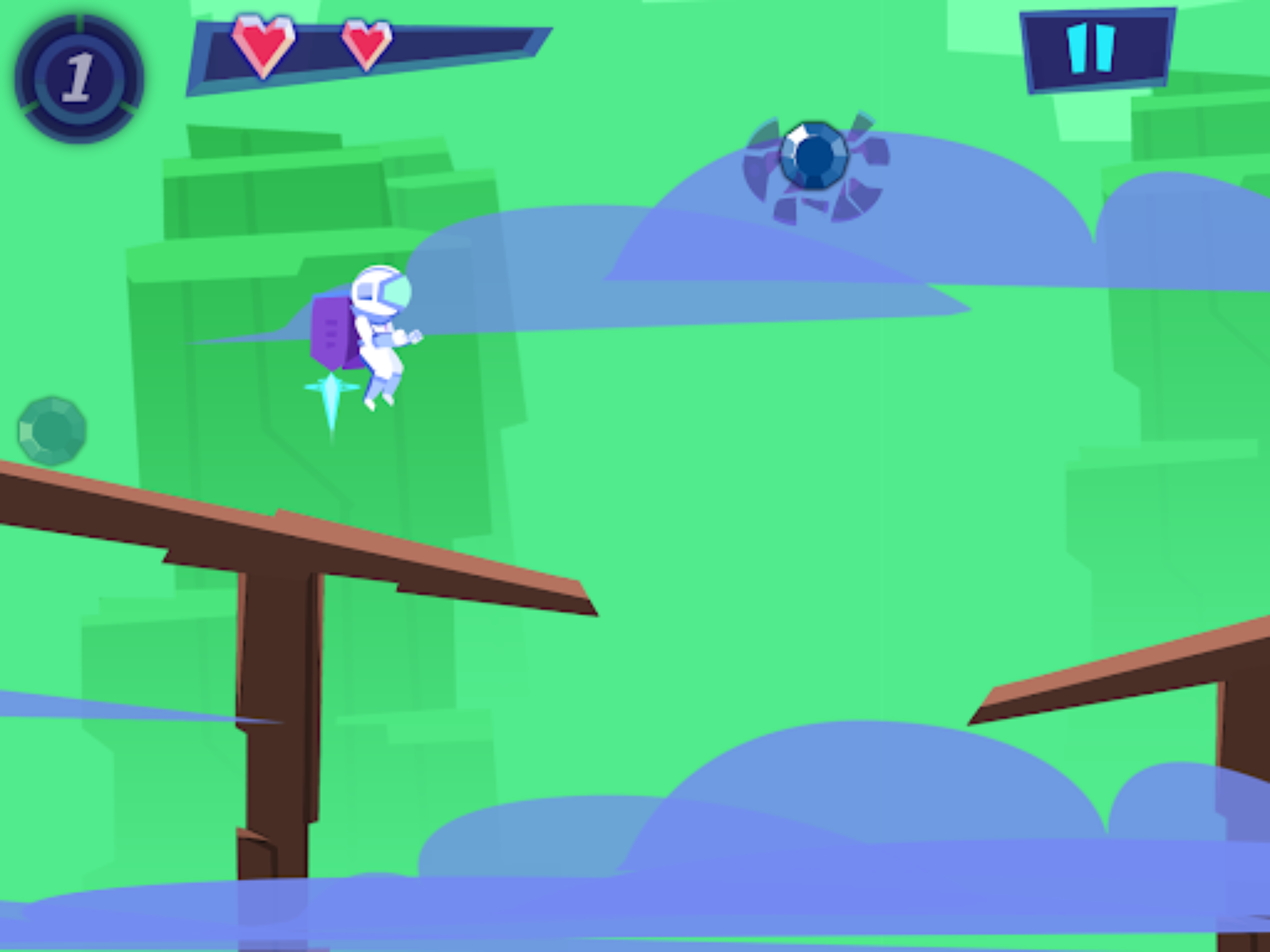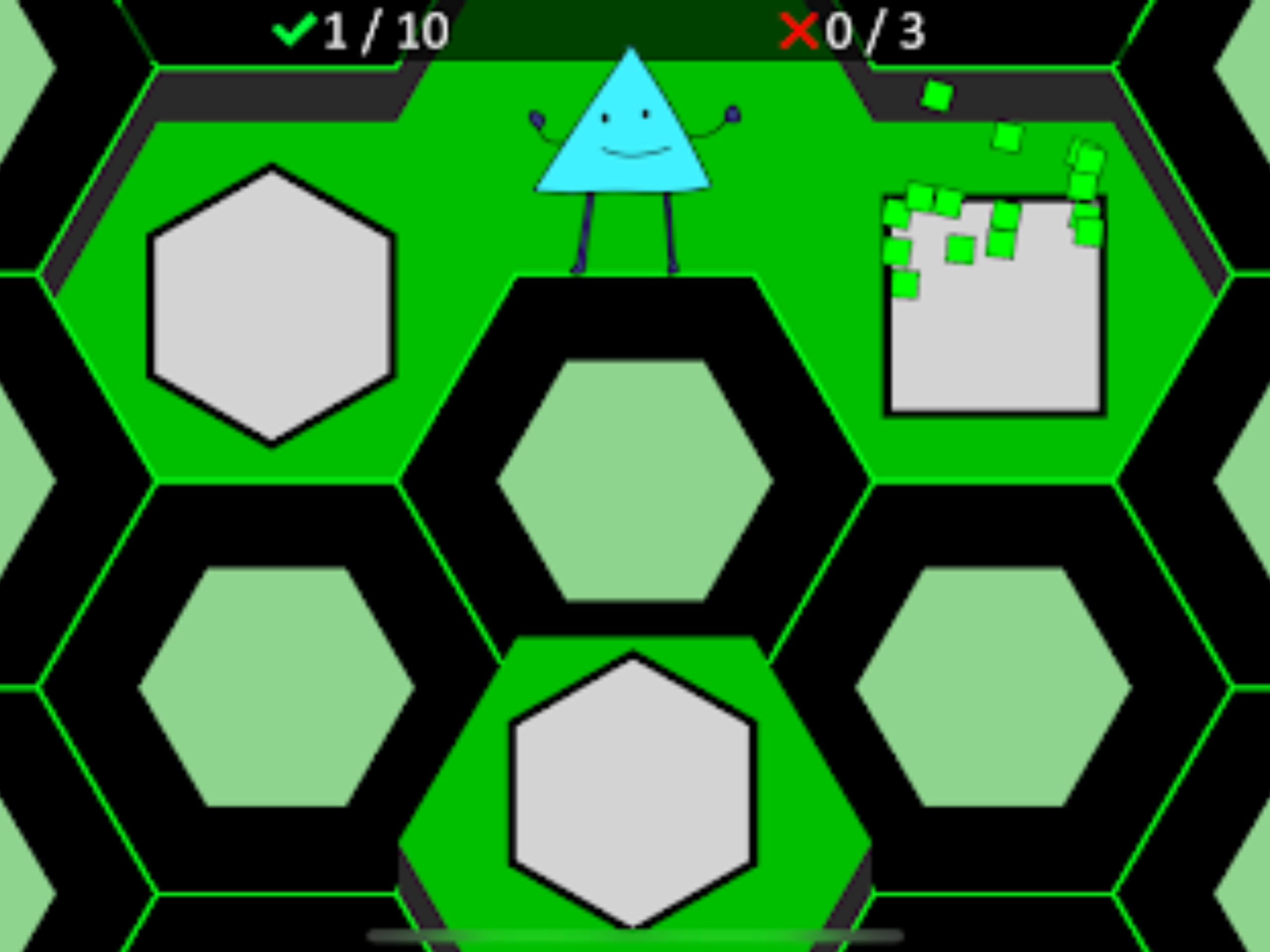Cognitive Training Projects
At the Brain Game Center, we have multiple projects focused on training cognitive function. These target basic cognitive skills such as attention and memory in a variety of populations ranging from children to older adults. Some studies are focused on rehabilitating cognitive skills for those not satisfied with their current cognitive status (related to age, injury, or other situation), and others are targeted to improving cognition to achieve superior abilities (such as to perform better in school or in the workplace).
Understanding Mediating and Moderating Factors that Determine Transfer of Working Memory Training
This project, R01MH111742 funded by the National Institute of Mental Health, seeks to train over 30,000 participants in different variants of working memory training to determine what training methods may be most beneficial to different demographics. As seen in Scientific American, the challenge is to understand individualized needs and propensities for working memory training. While there is now a billion-dollar commercial market that has provided early generation training approaches, these are extremely controversial in the scientific community. Our research seeks to understand how some procedures may, and others may not, lead to improvements in real-world cognition, and how this may differ across people.
If you want to join our study, you can sign up here.
Understanding Individual Differences in Working Memory Training and Transfer in Older Adults at Risk of Alzheimer’s Disease and Related Dementias
This project, R21AG069428 funded by the National Institute of Aging, seeks to understand individualized needs in the context of training working memory (WM) systems in a diverse older adult population. There is accumulating evidence that WM training can be effective in older adults; however, to date, knowledge is extremely limited regarding people’s individualized needs in such training. Specifically, we seek to understand how individualized abilities to respond to distractions may influence how people interact with different types of training programs. For example, if some handle distractions well, then they may gain from an enriched gamified training; however, for someone else, the game may be a cacophony of distractions and disrupt the training experience. This research can result in the improved personalization of cognitive training programs that better addresses the cognitive diversity of participants.
Evaluating Environmental Control (AVOID) and Inhibitory Control (RESIST) Strategies to Improve Weight Management Outcomes
This project, R01DK130851 funded by the National Institute of Diabetes and Digestive and Kidney Diseases, tests two theoretically driven strategies to improve weight and dietary outcomes in people who are overweight or obese and are attempting to lose weight: an environmental-control strategy and an impulse-control training strategy. This research addresses the oft-debated question of how to best optimize behavior change, and whether one should attempt to resist temptation in consistently inhibiting impulses, or avoid temptation altogether in eliminating unhealthy options from the home environment.



